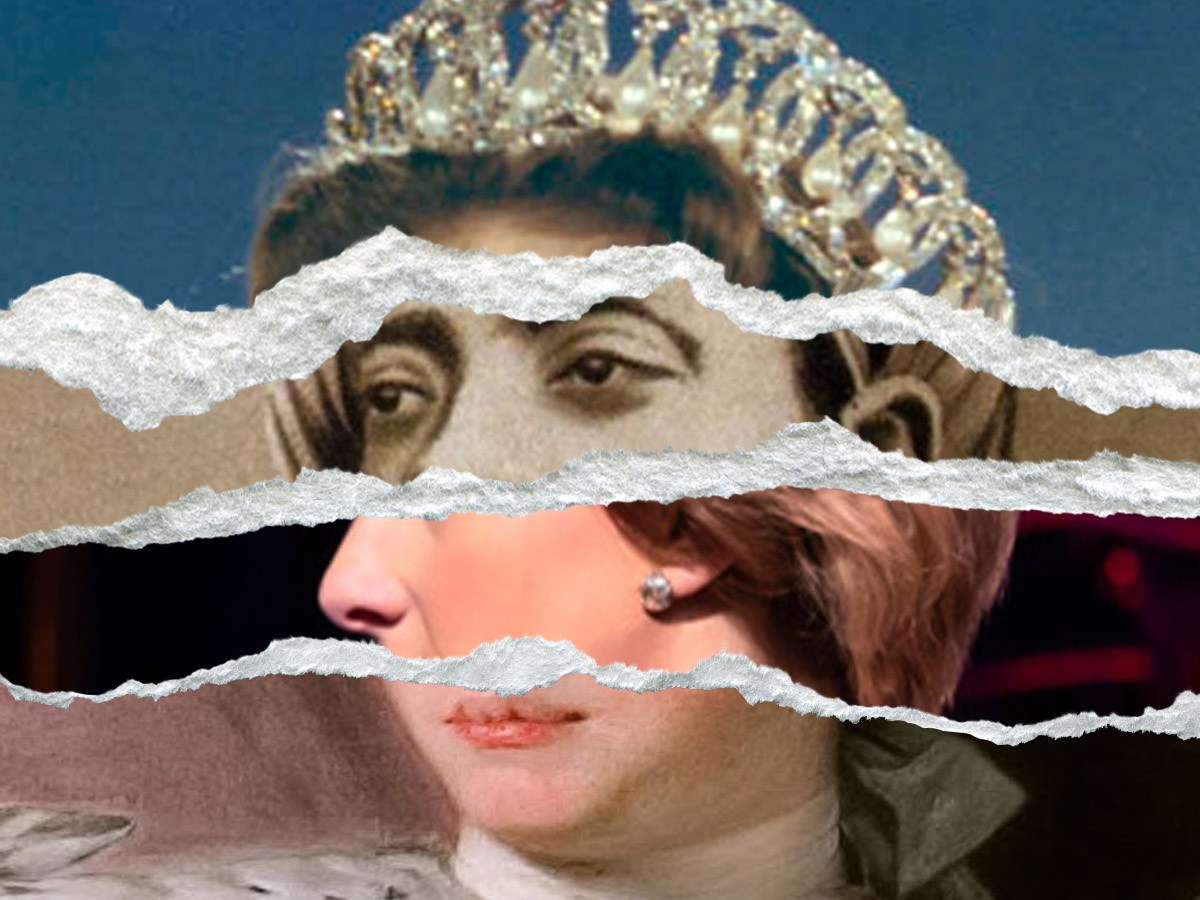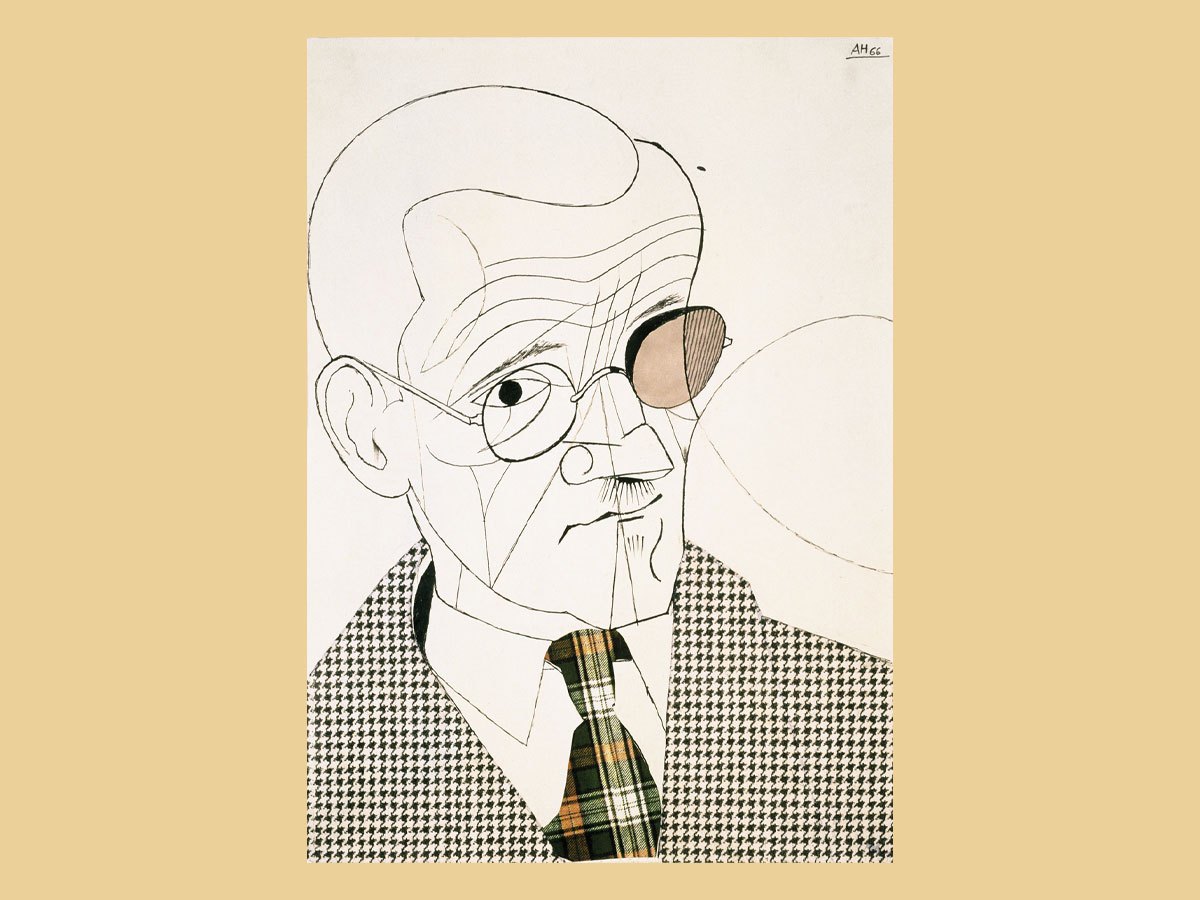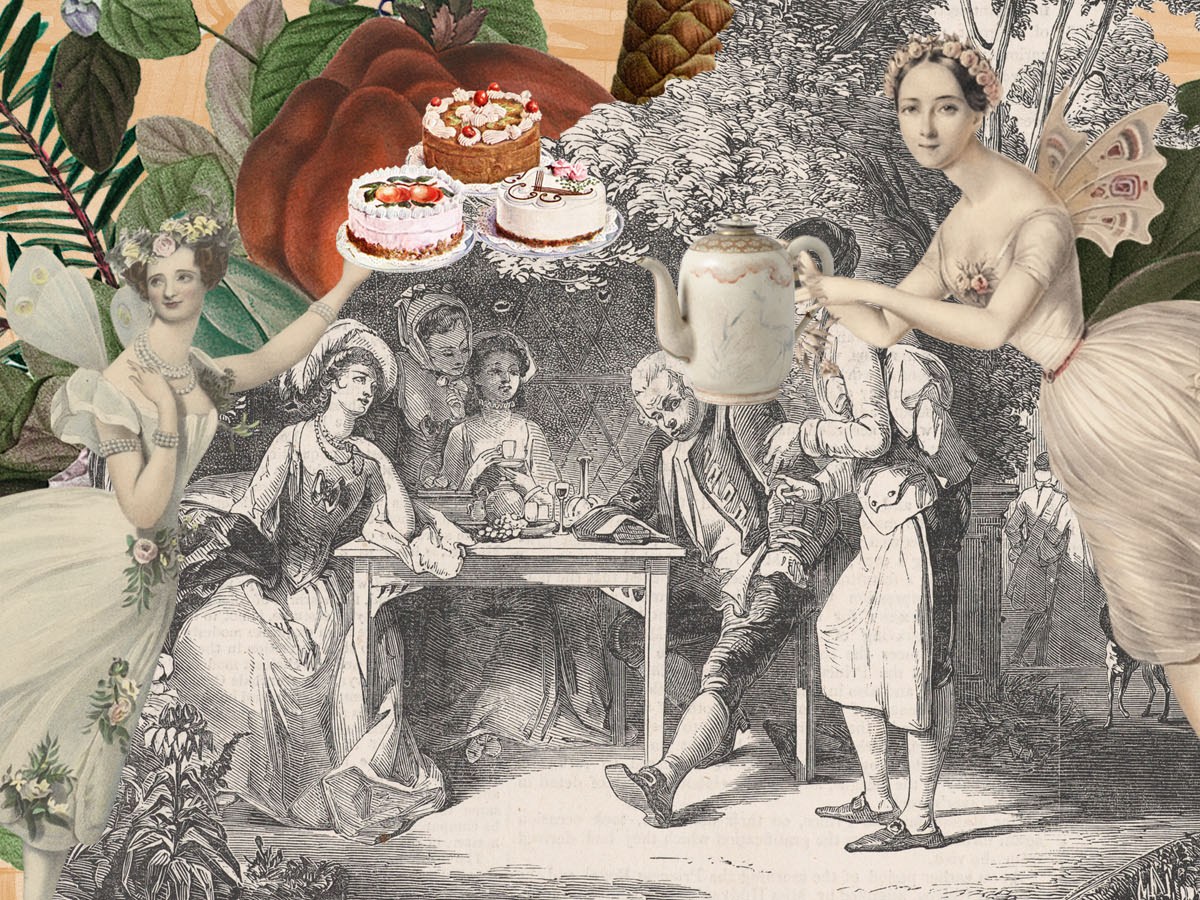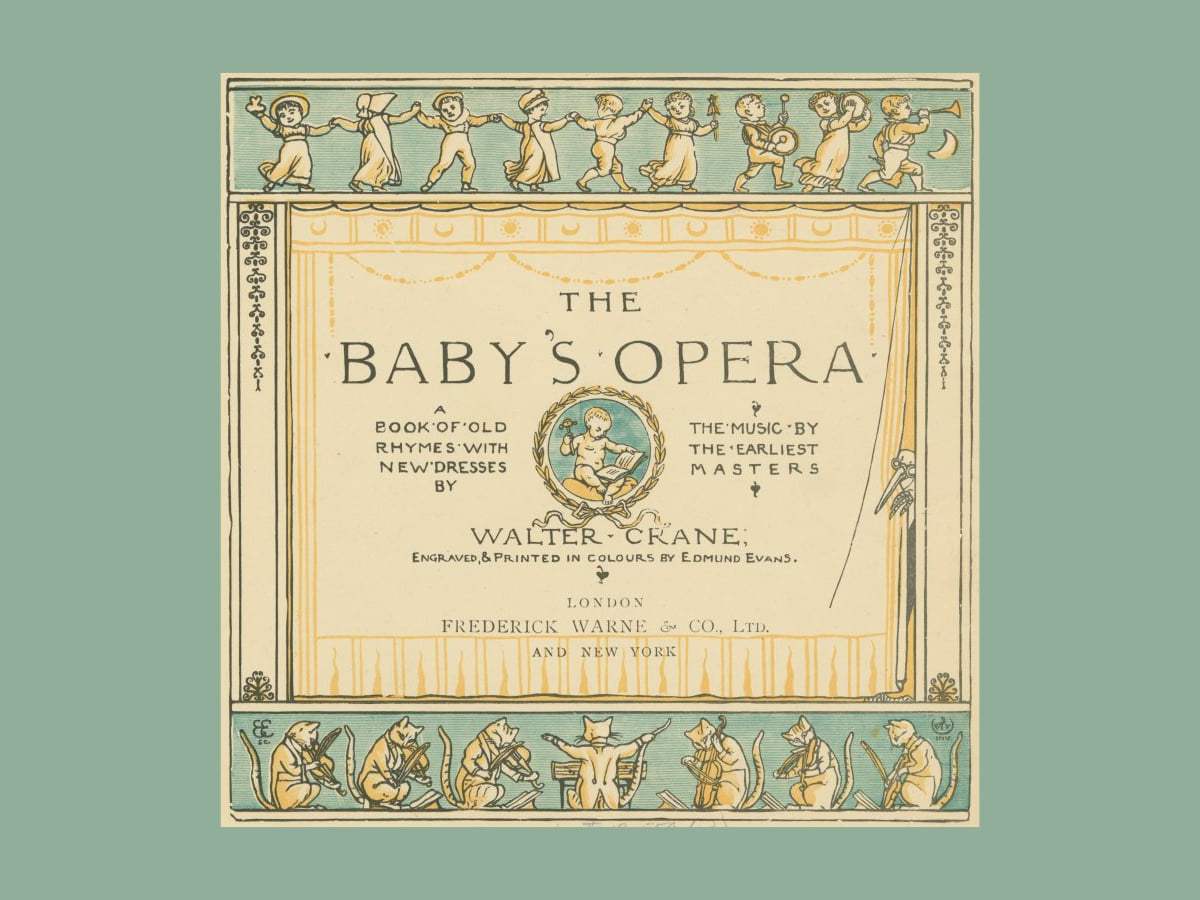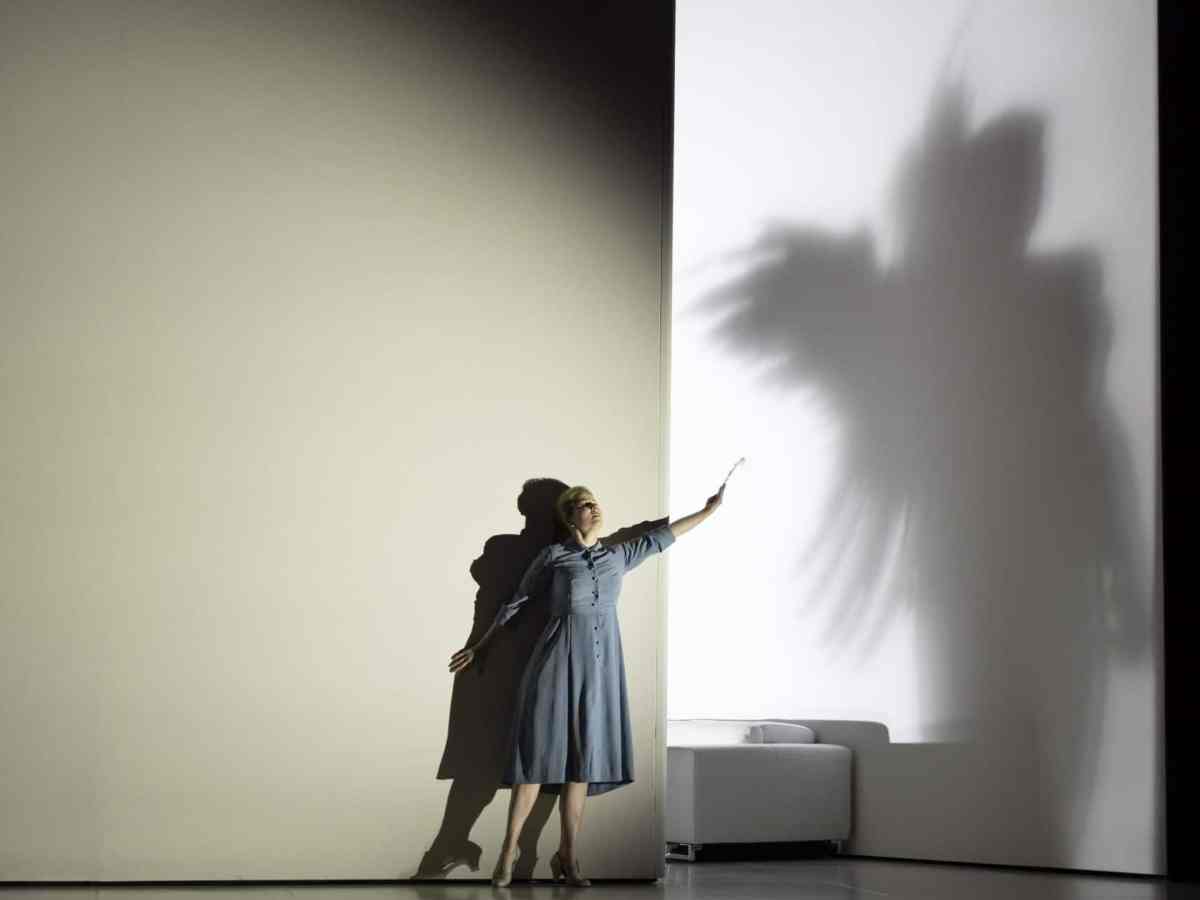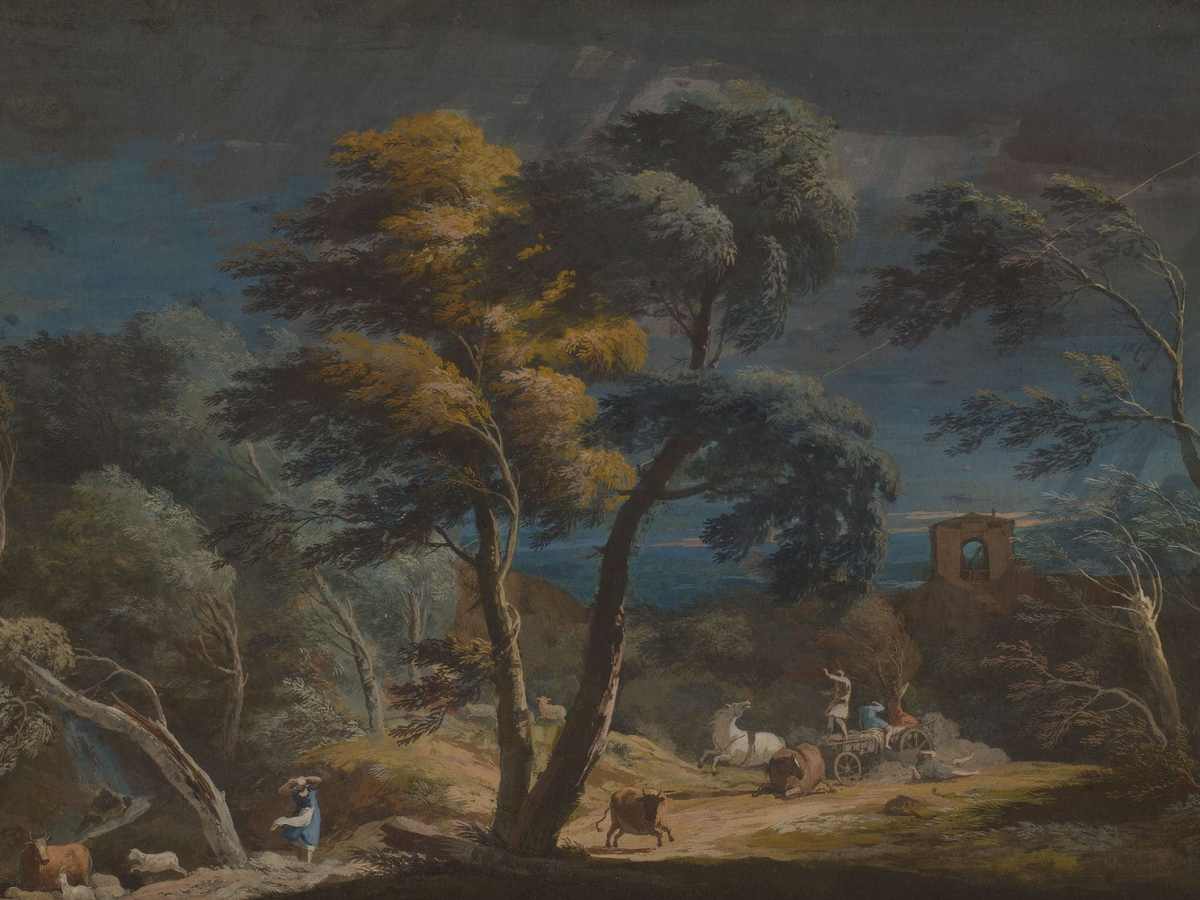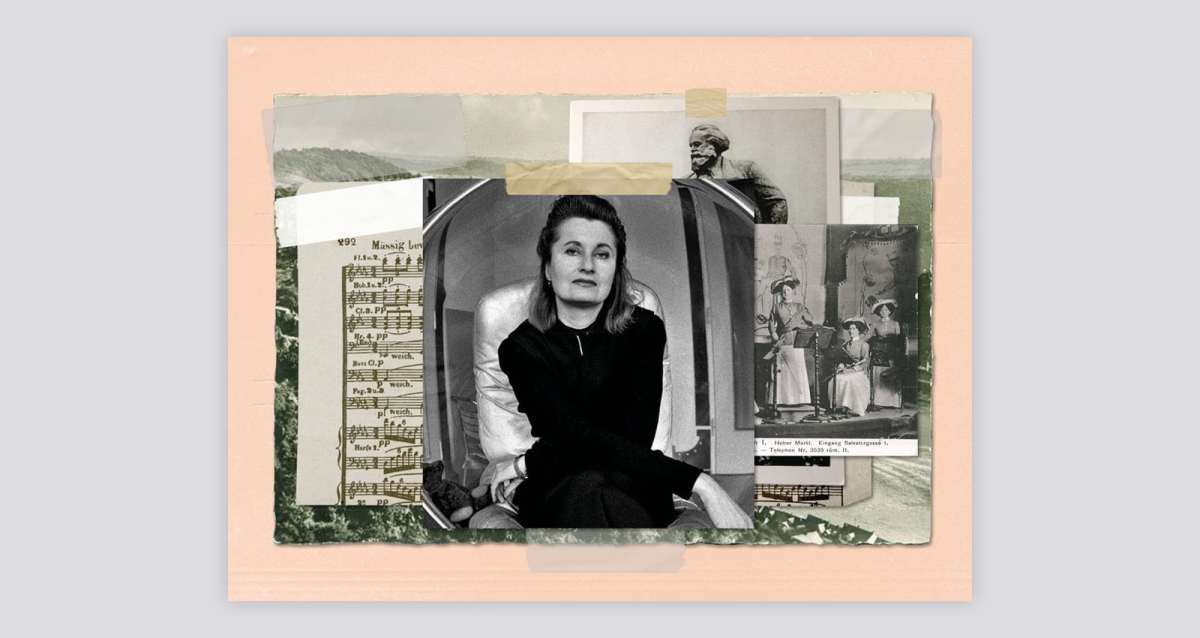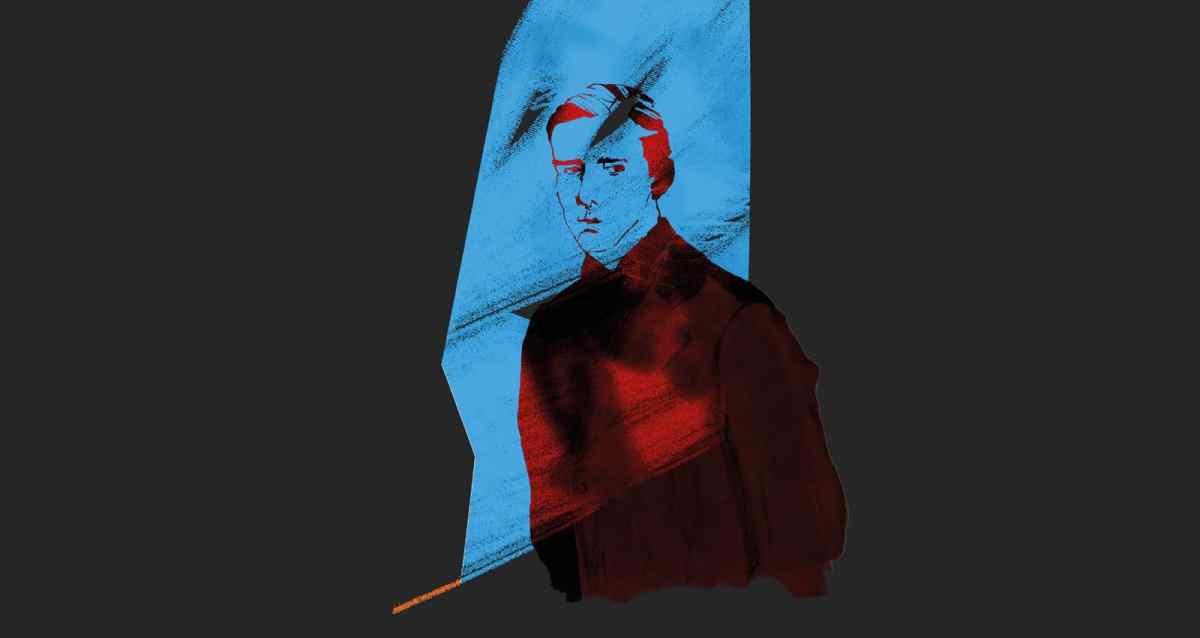This year marks the centenary of Iannis Xenakis, the Romanian-born Greek-French composer who died in 2001. Architect, mathematician, communist, and composer of both instrumental and electronic works, his music plowed an idiosyncratic furrow in the history of the European avant-garde. The centenary has happily meant retrospectives of his work. The most substantial was Révolutions Xenakis […]
Author Archives: Benjamin Poore
A Queen Elizabeth II Playlist
Queen Elizabeth II reigned for 70 years. Sources inside the BBC report that the rolling television coverage of her life and times is planned to continue just as long. What follows is a monarchical playlist to help those inside and outside the UK make sense of this momentous event through music. Benjamin Britten: “Gloriana” (1953) […]
A “Ulysses” Playlist
James Joyce’s 1922 novel Ulysses has hummed with sound for one hundred years. “Mrkgnao!” goes Leopold Bloom’s cat while he makes breakfast; “Pprrpffrrppffff” goes his posterior after dinner later. We hear the chattering of the telegraph in the “Aeolus’” episode, the clattering of cutlery and clinking of glasses as Bloom eats and drinks his way […]
A Harrison Birtwistle Playlist
Harrison Birtwistle died on April 18 at the age of 87. He was regarded as one of the foremost composers of his generation, a member of the so-called Manchester School alongside Alexander Goehr and Peter Maxwell Davies. His music attracted adjectives like ”iconoclastic” and “uncompromising”; one famous anecdote recounts Benjamin Britten and Peter Pears walking […]
I Know, But: Handel’s “Messiah”
“The effect is horrible: And everybody declares it sublime,” said George Bernard Shaw of the massed “Messiah” performances of the Victorian age. “Handel is not a mere composer in England: he is an institution…the audience stands up, as if in church, while the ‘Hallelujah’ chorus is being sung. It is the nearest sensation to the […]
Mad Scene
Sylvia Korman is a graduate student in English at CUNY in Manhattan. They curate one of the most striking corners of opera Twitter, the account People Mad at Opera (@operacomments). “I’m not actually a music person at all,” Korman tells me. “I have no non-dilettantish background in opera.” But their knowledge of opera is keen. […]
Like the Volga Singing
Psychoanalysis and opera both have an uneven relationship to feminism, to put it mildly. The former, even when challenging the disorienting, traumatic quality of patriarchy, is a product of that same power. The practice’s roots lie in Jean-Martin Charcot’s Salpêtrière hospital in Paris, which turned the confinement of so-called “hysterical” women into a public spectacle. […]
I Know, But: “The Four Seasons”
Here’s a reason to hate “The Four Seasons”: I last heard “Spring”—unbidden—as I passed through east London’s Walthamstow Bus Station during a routine commute home. Realizing that piping classical music into its stations was a cost-effective means to deter young people from hanging around, Transport for London started playing Vivaldi, Mozart, and Beethoven in 2006. Since […]
The Society of the Spectacle
Modernist literature has a special fascination with Wagner. The voices of “Das Rheingold” and “Tristan und Isolde” drift across T. S. Eliot’s “The Waste Land.” Virginia Woolf’s The Waves bears the imprint of the composer’s motivic method, along with the symbolism of the “Ring” Cycle and “Parsifal.” A lusty Wagnerian atavism is stamped all over […]
The Audiencers
We seldom pay attention to ushers. In “The Natural History of the Theatre,” Theodor Adorno’s otherwise extravagant sociology of concert-going, the usher receives only a glancing mention: a missed opportunity for a writer who discerned the ideological contradictions and atavistic energies of music in a thousand minor details, from gales of applause to foyerside finger […]


